Tracking the uptake of socio-behavioural evidence
Module 7
In this module
This module contains two sessions: 1) discussing tools and approaches for monitoring the use of integrated evidence by emergency response actors (Session 7.1), and 2) using community feedback data to take action and ‘close the loop’ by returning to affected communities with updates (Session 7.2).
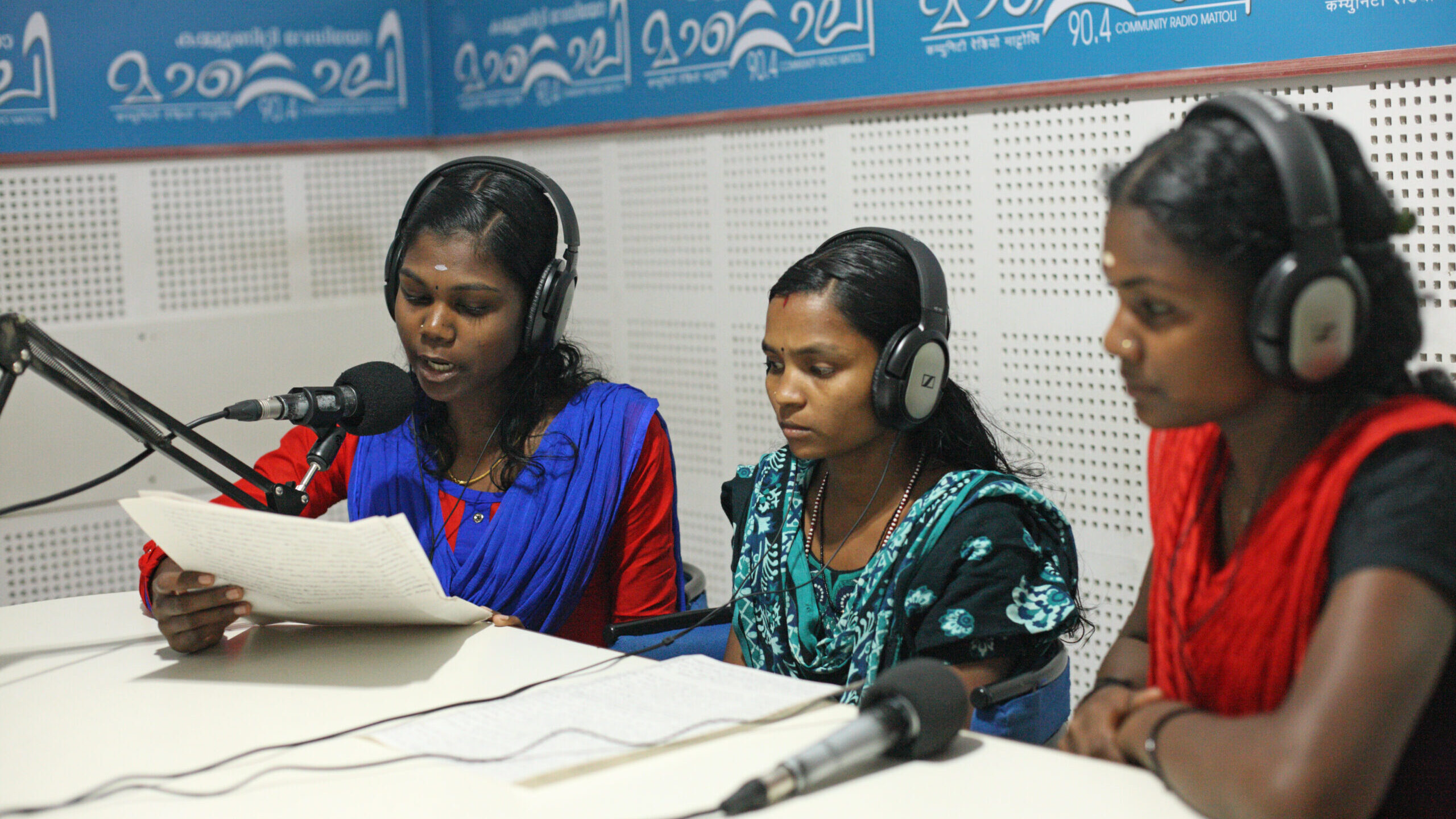
7.1
Tracking the use or ‘application’ of integrated operational social science outputs: integrated outbreak analytics and monitoring
Content
This session discusses tools and approaches for monitoring the use of integrated evidence by emergency response actors to better inform operational decision-making. It is based on examples from the Democratic Republic of the Congo (DRC).
Content delivered through real-time presentation, and pre-recorded videos to explain in detail the theory behind the concepts covered, and to stimulate discussion based on the examples provided.
Learning outcomes:
- Understand the Integrated Outbreak Analytics approach and its application in emergency response
- Know different methods for ensuring the use of evidence for decision-making
- Learn what is needed to set up and manage a tool for monitoring the use of evidence
Duration: 100 minutes
Materials
7.2
Using community feedback to take action and “close the loop”
Content
This session aims to explore what an enabling environment looks like so that social science can inform different phases of an emergency response and how it can best be promoted.
Learning outcomes:
- Be able to identify opportunities to create an enabling environment for uptake of social science findings within response pillars, by technical clusters and by sectors
- Be able to identify opportunities to embed operational social science across different phases of a community-centred response
- Understand what an enabling environment looks like at the community level to ensure that research can inform local action
Duration: 110 minutes
Materials
Additional materials
Modules
The training modules were developed to address key social science competency domains for those working in community engagement and/or communications related fields. Each module is made up of multiple sessions. Each individual session has a specific focus and learning outcome, which relates directly to the competency statement developed for each domain.
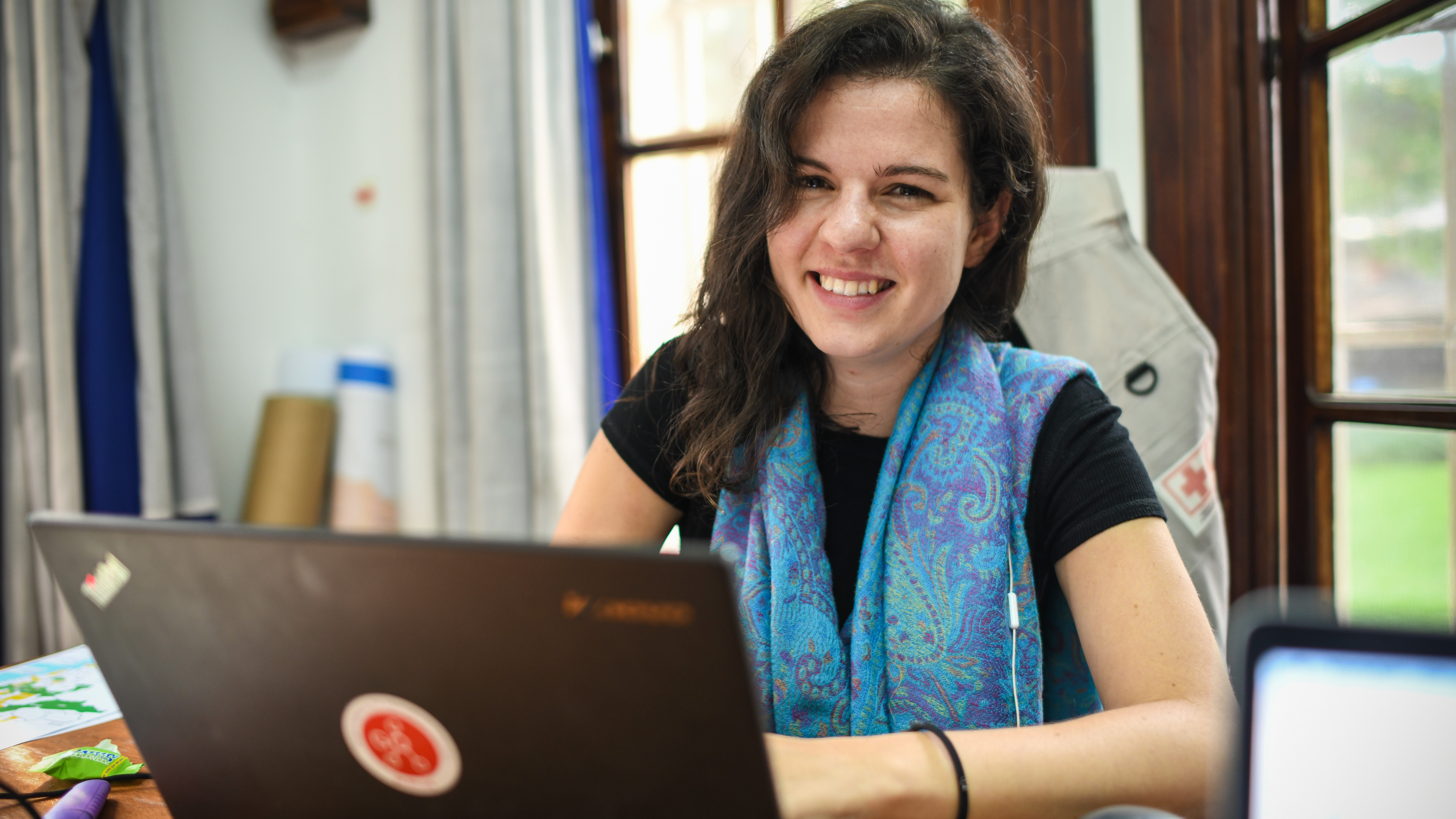
Guidance for delivering training
0
1
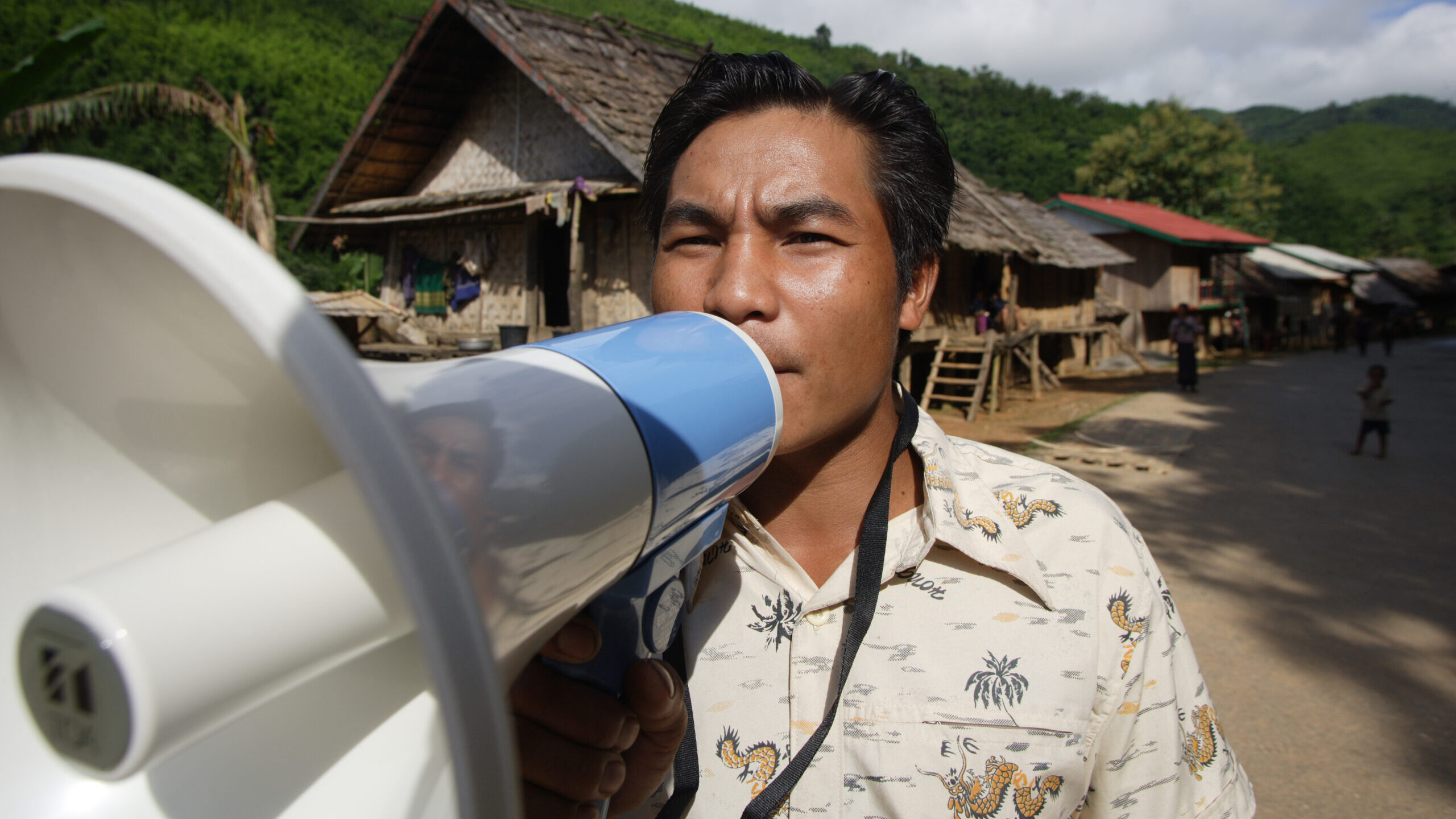
Social Science in humanitarian action and health emergencies
2
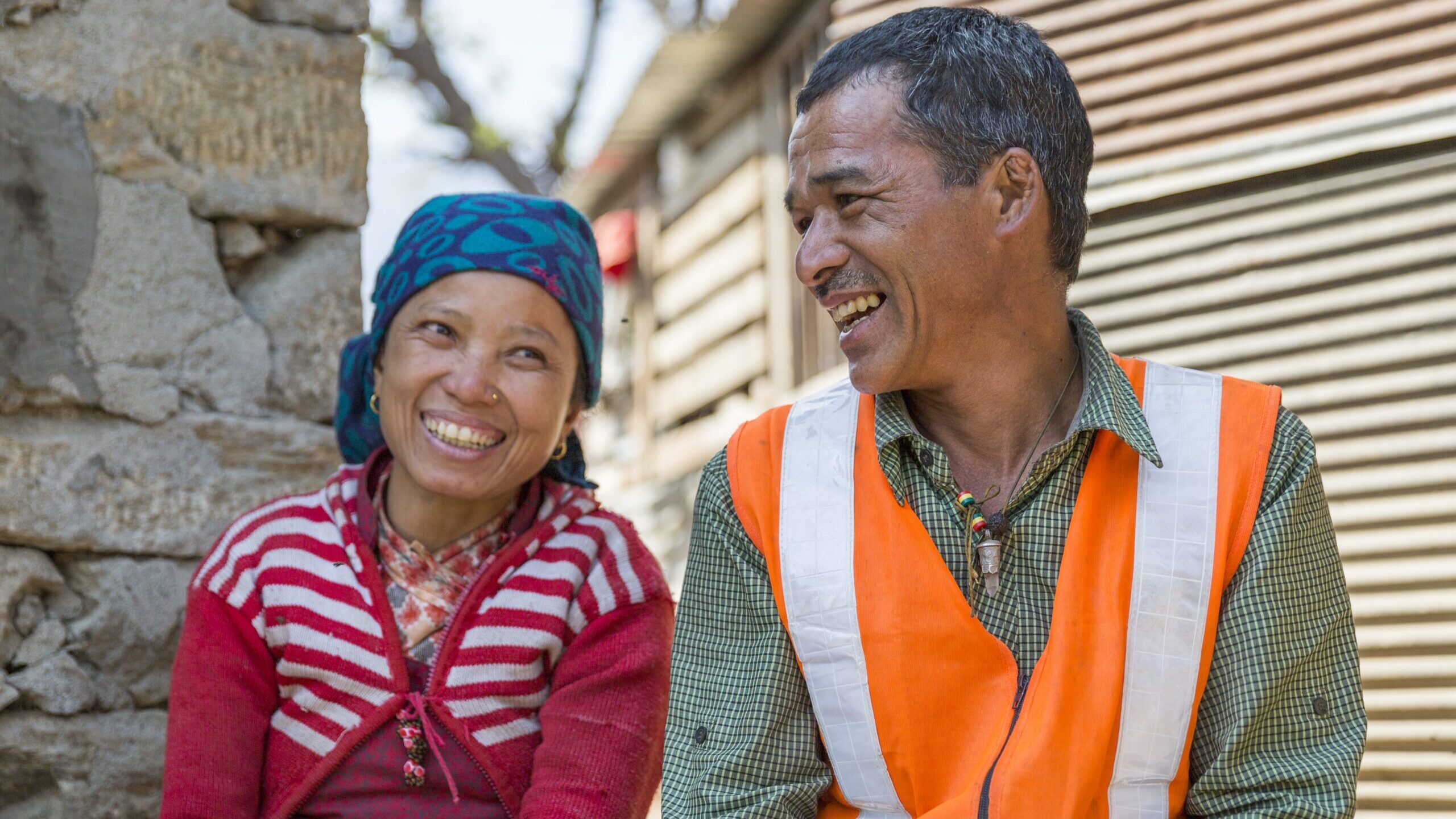
Context analysis and behavioural drivers and barriers
3
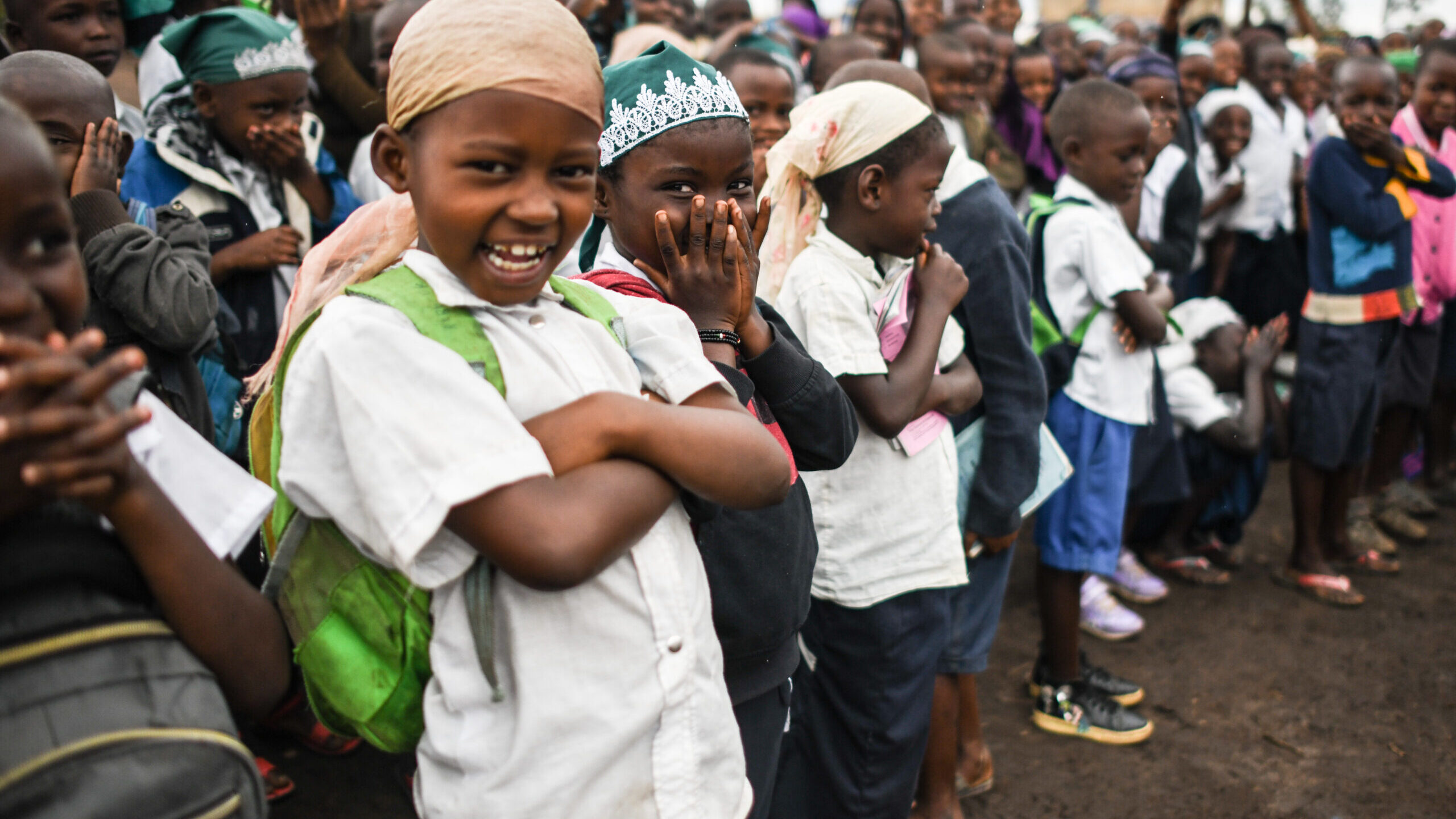
Ethics in operational research
4
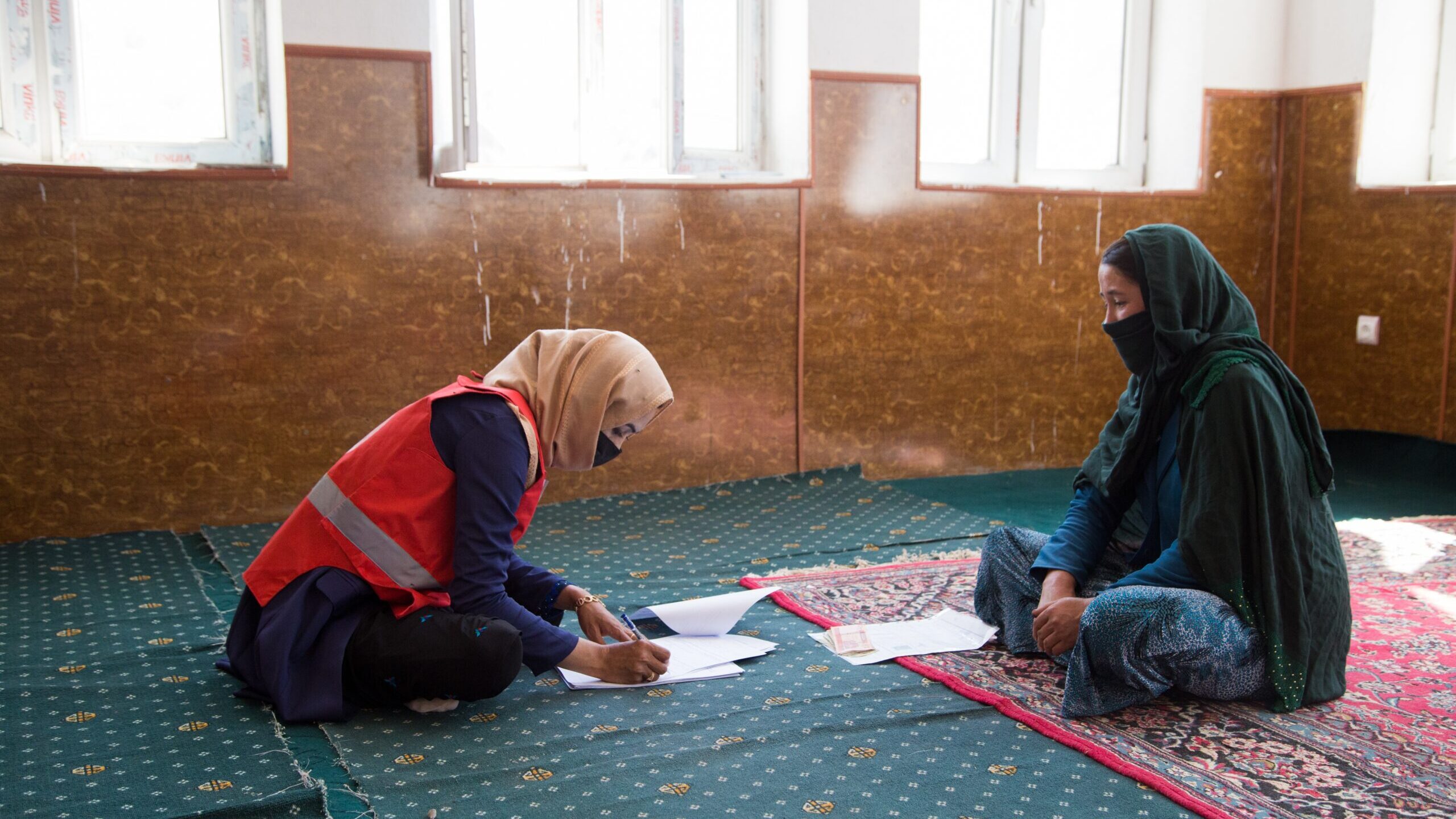
Implementation of social science research approaches
5
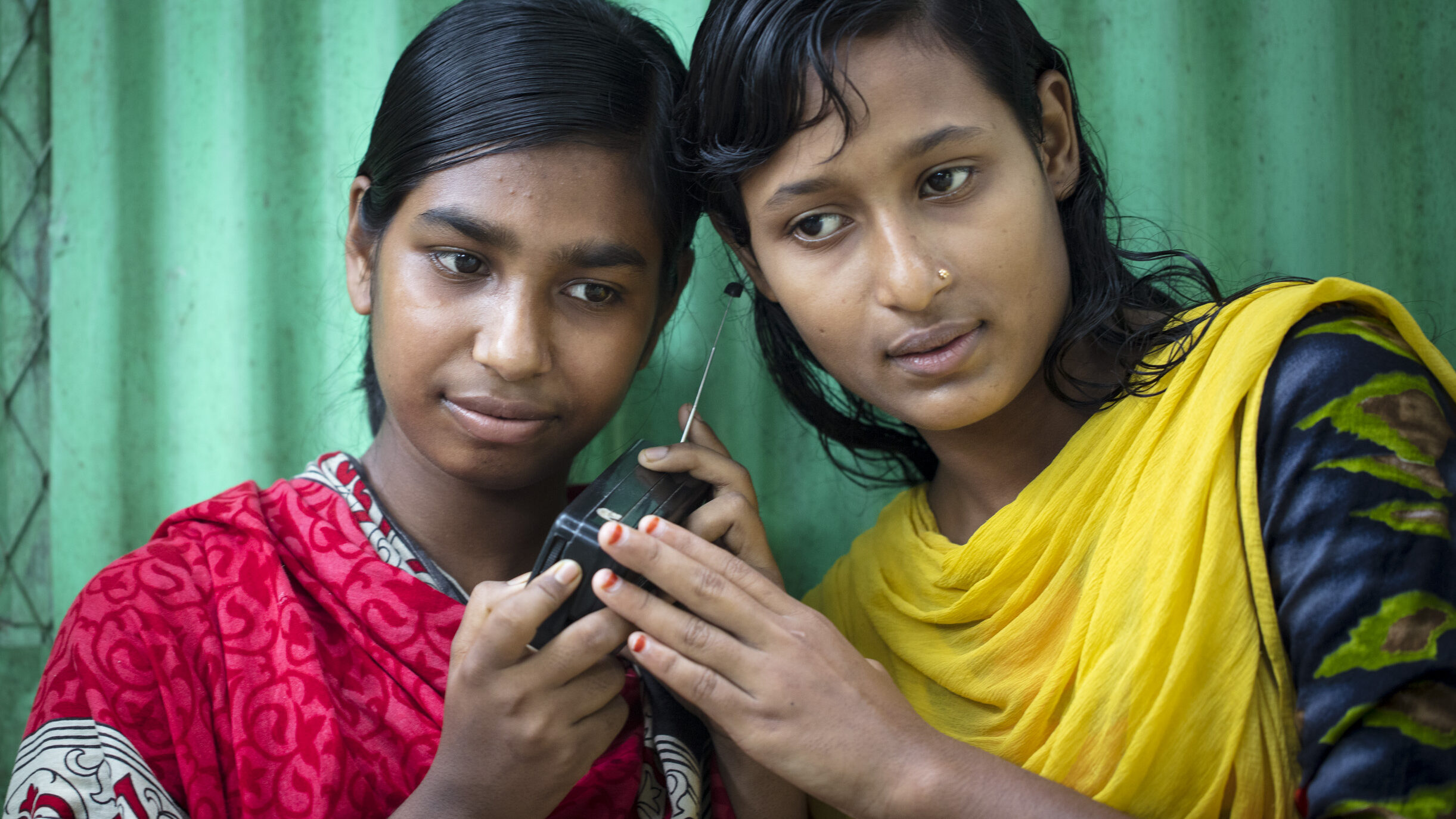
Evidence synthesis, interpretation and dissemination
6
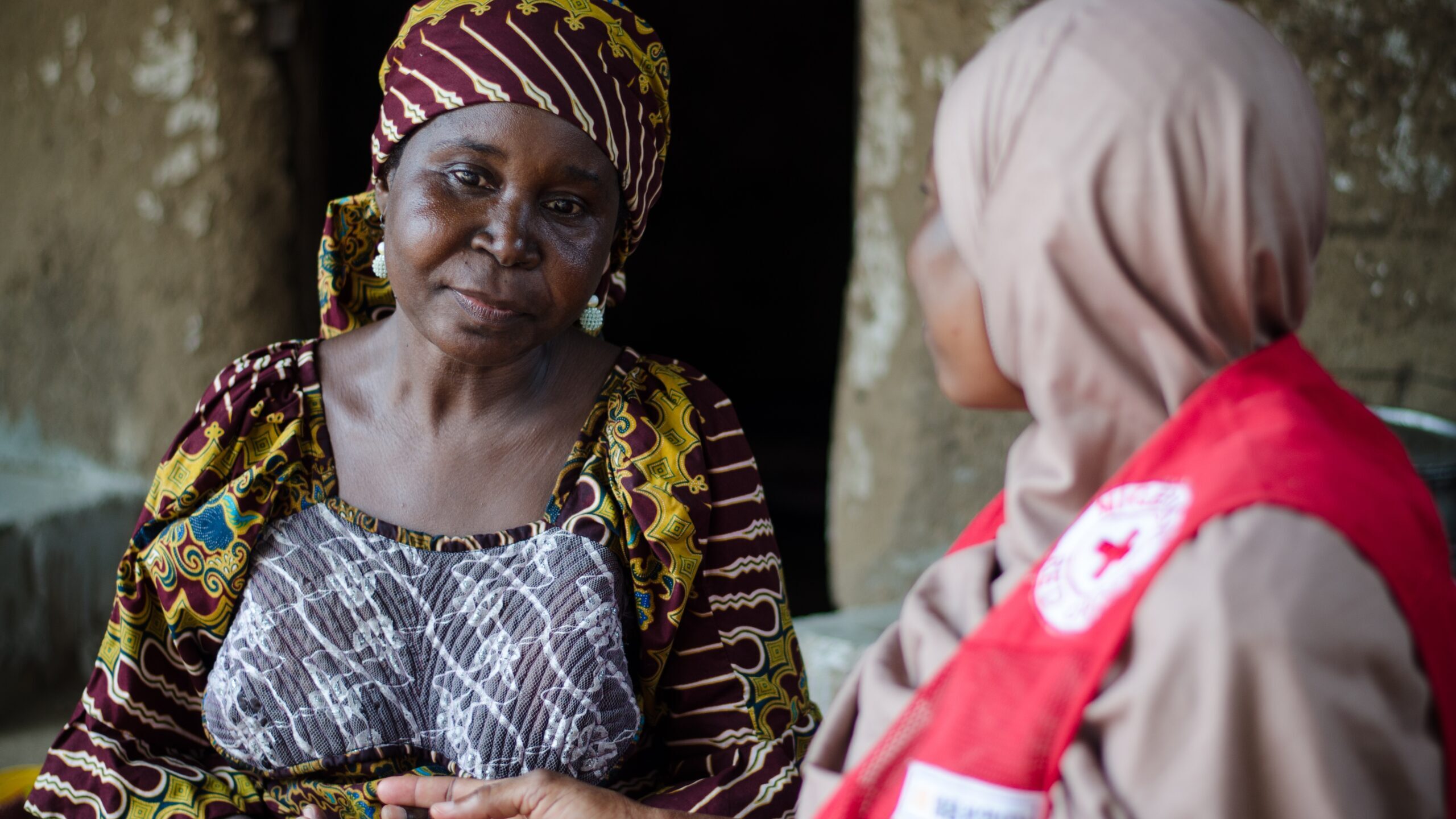
Translating knowledge to action
7

Tracking the uptake of socio-behavioural evidence
Contact
Maureen McKenna
Global Coordinator
The Collective Service
Acknowledgement
Development of this training package was led by Anthrologica for the Collective Service. The content was co-produced with partners from the Social Science in Humanitarian Action Platform (SSHAP), the Institute of Development Studies (IDS), Translators Without Borders (TWB), Médecins Sans Frontières (MSF), London School of Hygiene and Tropical Medicine (LSHTM), the International Federation of Red Cross and Red Crescent Societies (IFRC), the Rapid Research Evaluation and Appraisal Lab (RREAL) at University College London (UCL), UNICEF’s Social Science Analytics Cell (CASS), UNICEF’s Social Science for Community Engagement (SS4CE) team, the Centers for Disease Control (CDC), Oxfam and READY at Johns Hopkins University (JHU). Sincere thanks are also extended to the United Nations Volunteers (UNVs) who assisted with reviewing translated materials.

